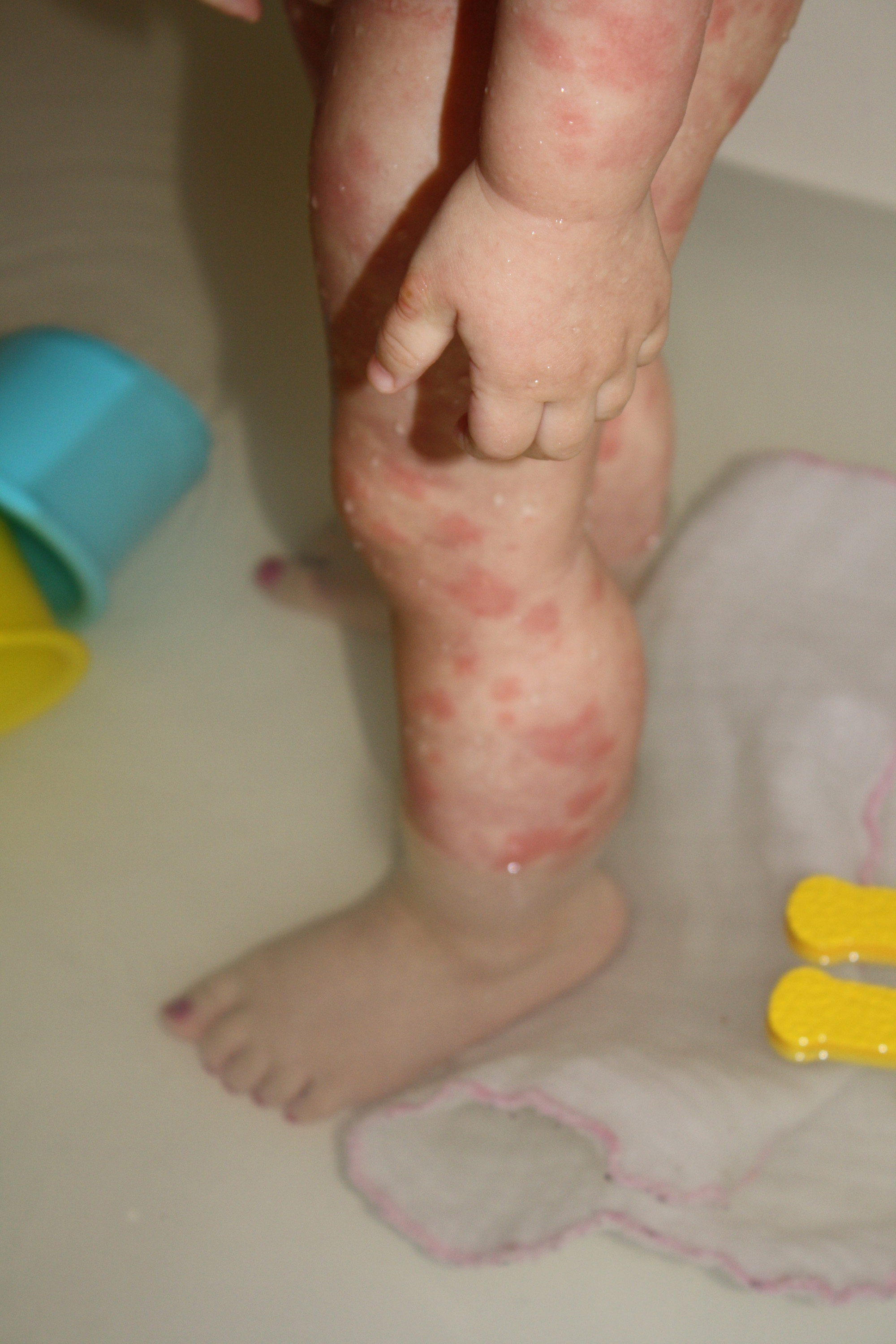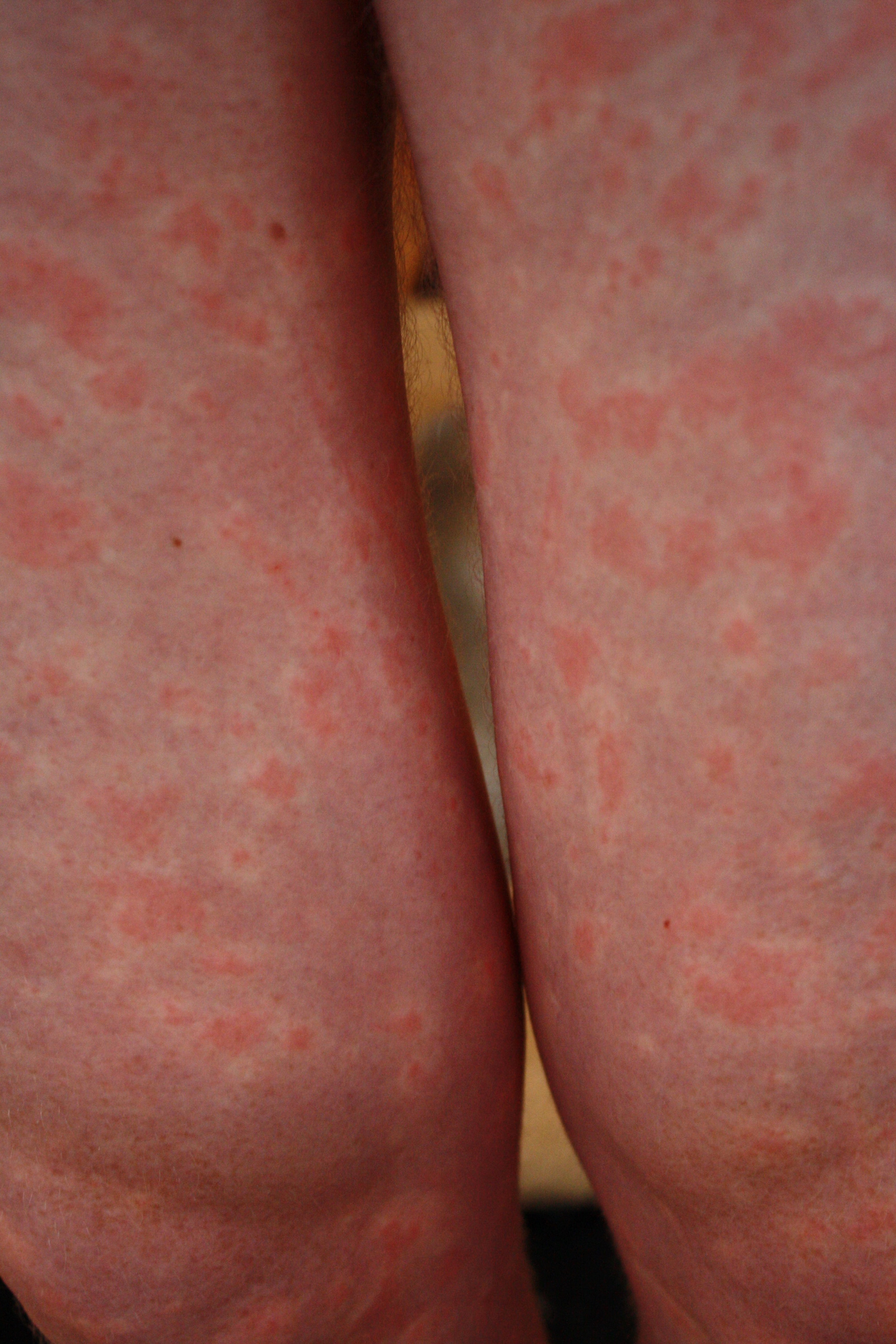Session Information
Date: Sunday, November 12, 2023
Title: Patient Perspectives Poster
Session Type: Poster Session A
Session Time: 9:00AM-11:00AM
Background/Purpose: I was born in 1981; my mother in 1949; and my grandmother in 1926. Our story runs at least four generations deep, that we know of.
I began visiting my family doctor at 2 years of age for various issues, including swollen joints, bloodshot eyes, unexplained rashes, fevers, and debilitating headaches. My symptoms lasted from a half day to three days, with no patterns or triggers. My mother had the same challenges, as did her mother.
My childhood was defined by an endless search for answers. We rushed from specialist to specialist and spent long hours in waiting rooms to endure never-ending tests. I was prescribed anti-inflammatories, antihistamines, pain meds, but never accurately diagnosed. Doctors treated my symptoms, yet never suggested they might be connected.
By my late teens I lost interest in continuing the “specialist shuffle”. I took the medicines I was prescribed and adjusted my lifestyle as needed. I missed school. I missed sports. I missed activities with friends. I accepted that my normal was not everyone’s.
Intervention: Everything changed in 2012 when our first daughter was born. Like many babies, she had a rash at birth. Hers was different though. Like mine, it would go away and come back. It covered her body and sometimes her face, and she even experienced joint problems. Although I had given up looking for answers ten years earlier, it became clear that I didn’t have that right anymore.
My diagnostic odyssey re-started, I spent nights reading medical journals to no avail. Desperate, I searched online for images of rashes and found a blog. The blogger described his diagnosis and posted pictures of his rash. It looked like ours! I headed back to the journals, made a plan, visited more specialists, then had my eureka moment – I think we have Muckle Wells Syndrome! I searched for physicians who knew this rare disease and cold emailed a rheumatologist at our children’s hospital. That rheumatologist responded within hours and asked me to obtain a referral.
Back to the hospital for more questions and tests. This time our blood was sent for genetic analysis and three months later we confirmed that we have Muckle Wells Syndrome (MWS). We learned that if left untreated, MWS can cause amyloidosis and sometimes lead to death.
Maintenance: Luckily, effective therapies were available. My mother, daughter and I now take an anti-IL-1b monoclonal antibody every 8 weeks. Our symptoms went away overnight and my daughter does have to live the same life that we did. I was in complete disbelief after that first dose and struggled for months to accept our “new normal”. I feared it might be temporary, so I took nothing for granted.
Quality of Life: Treatment has changed our lives. It transformed my sense of what I am capable of and inspired me to think deeply about what I am responsible for. I am lifted each morning knowing that I am no longer limited by my health. I joined the board of a national rare disease advocacy group, which broadened my perspectives. I went back to University, earned my PhD in law and became a professor. I have testified before Canada’s House of Commons Committee on Health and even co-founded a not-for-profit to help bring awareness to these diseases. MWS is merely one of 60+ gene mutations that have been described in the field of autoinflammation. Everyone should know them!
To cite this abstract in AMA style:
Stedman I, Stedman B. We Suffered For Decades, But Then She Was Born [abstract]. Arthritis Rheumatol. 2023; 75 (suppl 9). https://acrabstracts.org/abstract/we-suffered-for-decades-but-then-she-was-born/. Accessed .« Back to ACR Convergence 2023
ACR Meeting Abstracts - https://acrabstracts.org/abstract/we-suffered-for-decades-but-then-she-was-born/


